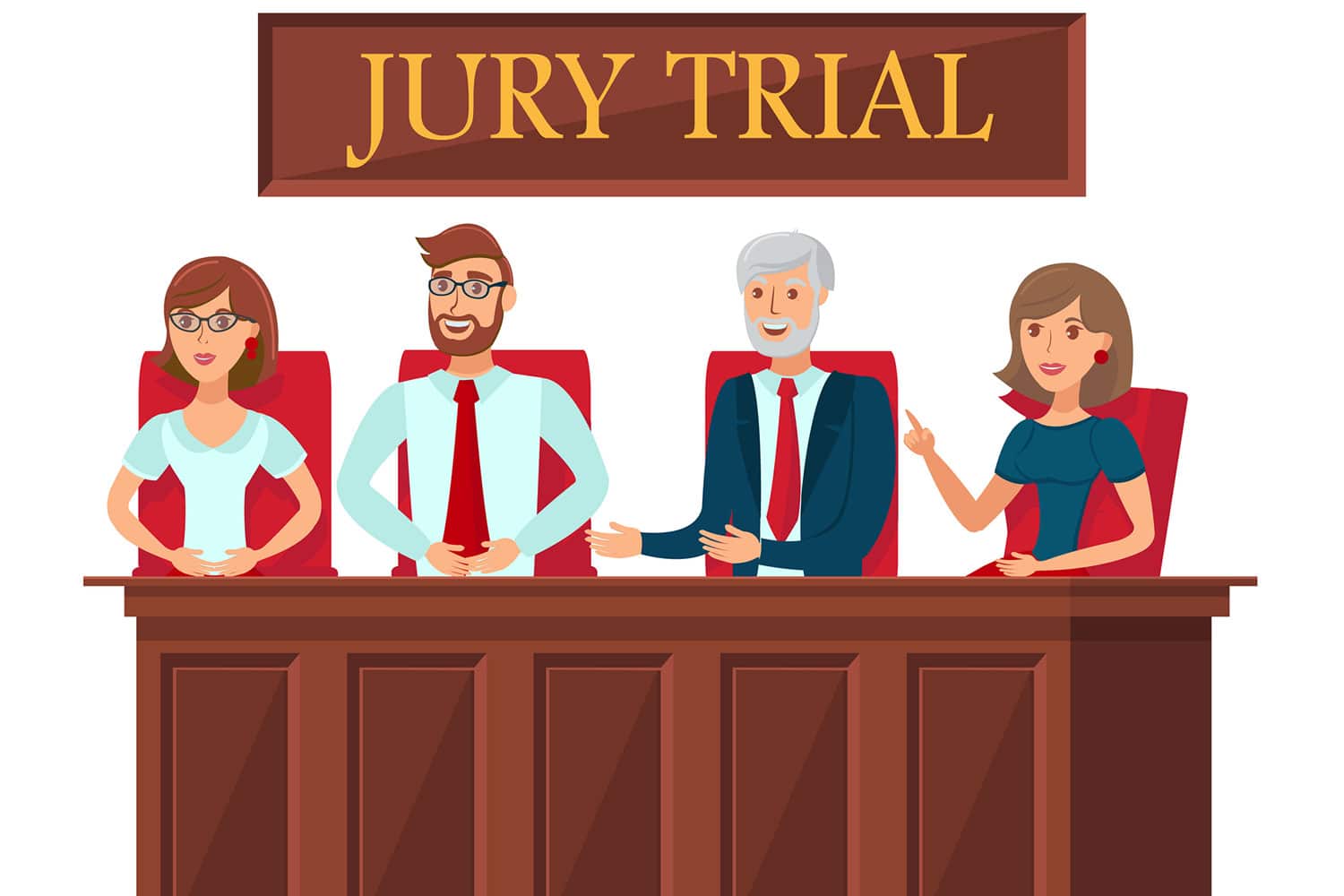
Do Probate Trials Involve a Jury?
When dealing with the complexities of probate disputes, one common question that arises is: Do probate trials involve a jury? The answer varies depending on the jurisdiction and the specific nature of the case. Understanding when a jury trial is applicable can significantly impact the strategy and outcome of your case.
What Is Probate Court?
Probate court handles the administration of a deceased person’s estate, including validating wills, appointing executors or personal representatives, and overseeing the distribution of assets. Most probate matters are resolved through bench trials, where a judge makes the final decision. Jury trials are generally not the default in probate proceedings.
When Can You Request a Jury Trial in Probate Cases?
While jury trials are uncommon in probate court, certain circumstances may warrant one. For instance, in some jurisdictions, if a party contests the validity of a will based on issues like the decedent’s mental capacity or allegations of fraud or undue influence, they may request a jury trial. However, this right is not automatic and often requires a formal demand.
Factors Influencing the Availability of Jury Trials in Probate
Several factors determine whether a jury trial is available in probate cases:
-
Jurisdictional Rules: Different states have varying laws regarding jury trials in probate matters. For example, in Florida, probate courts typically do not conduct jury trials, but certain claims, such as fraud or tortious interference with an expectancy, may be eligible for a jury trial if properly demanded .
-
Type of Claim: Equitable claims, such as requests for the removal of a trustee or the interpretation of a trust, are generally decided by a judge. In contrast, legal claims involving monetary damages may be eligible for a jury trial, depending on the jurisdiction.
-
Timeliness of Demand: In many cases, a party must explicitly demand a jury trial within a specified time frame. Failing to do so may result in waiving the right to a jury.
Strategic Considerations
Opting for a jury trial in probate disputes can have significant implications:
-
Emotional Appeal: Juries may be more sympathetic to personal stories and emotional appeals, which can be advantageous in certain cases.
-
Legal Complexity: Probate matters often involve complex legal principles. A judge with expertise in probate law may be better equipped to navigate these complexities than a jury.
-
Cost and Time: Jury trials can be more time-consuming and expensive due to the need for jury selection, additional preparation, and extended proceedings.
Conclusion
While jury trials are not the norm in probate court, they are possible under specific circumstances. If you believe your case warrants a jury trial, it’s crucial to consult with an experienced probate attorney who can assess the merits of your case and guide you through the process.
At Inheritance Recovery Attorneys LLP, we specialize in probate litigation and can provide expert advice on whether pursuing a jury trial is in your best interest. Contact us today to discuss your case and explore your options.
Latest Posts
How Lis Pendens Protects Trust Property in California
When real estate is involved in a trust dispute, one of the most powerful tools a beneficiary has is the lis pendens — a recorded notice alerting potential...
How Lis Pendens Protects Trust Property in California
California Heggstad Petitions: Fixing Missing Trust Assets
When a loved one creates a trust but forgets to transfer certain assets into it, heirs or trustees can face unnecessary costs and disputes. Thankfully,...
California Heggstad Petitions: Fixing Missing Trust Assets
Excluded From the Family Trust in California? Here’s How to Fight Back
Finding out you’ve been cut out of a family trust can feel like betrayal. If you were promised a share—or assumed you’d be included—and then...